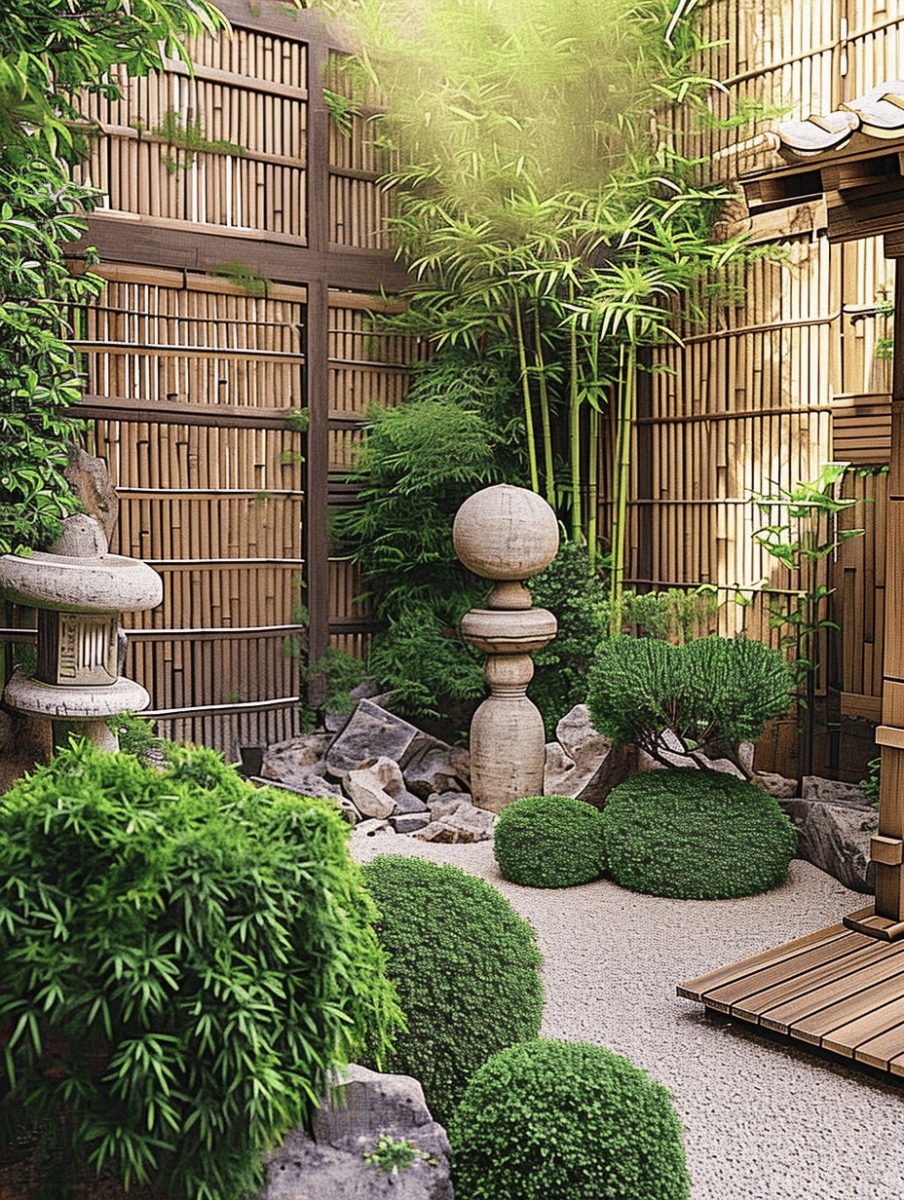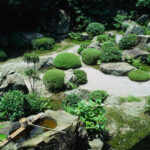Japanese garden design is a traditional and highly acclaimed style that has captivated people around the world for centuries. Known for its tranquil and harmonious aesthetics, Japanese gardens are meticulously planned and meticulously maintained to create a serene and contemplative environment.
The key elements of Japanese garden design include natural materials such as stone, gravel, and wood, as well as carefully selected plants and trees. Water features, such as ponds and streams, are also common in Japanese gardens, symbolizing both tranquility and movement. The use of these elements is carefully orchestrated to create a sense of balance and harmony within the garden.
One of the defining characteristics of Japanese garden design is the concept of “wabi-sabi,” which celebrates the beauty of imperfection and impermanence. This philosophy is reflected in the use of weathered materials, asymmetrical compositions, and seasonal changes in the garden. By embracing the transient nature of nature, Japanese gardens evoke a sense of peace and tranquility.
Another key aspect of Japanese garden design is the principle of “borrowed scenery,” which involves incorporating the surrounding landscape into the garden design. This technique creates a sense of continuity between the garden and its surroundings, making the garden an extension of the natural environment. By blurring the boundaries between the garden and the outside world, Japanese gardens invite visitors to connect with nature on a deeper level.
Japanese gardens are also designed to evoke specific emotions and sensations, such as calmness, contemplation, and wonder. By carefully selecting plants and materials with symbolic meaning, garden designers create an atmosphere that encourages relaxation and introspection. This focus on the psychological and emotional impact of the garden is what sets Japanese garden design apart from other styles of landscaping.
Overall, Japanese garden design is a harmonious blend of art, nature, and philosophy that seeks to create a space for contemplation, inspiration, and connection with the natural world. Through careful planning, attention to detail, and a deep respect for nature, Japanese gardens offer a unique and timeless experience that continues to inspire and delight people of all cultures around the world.
















